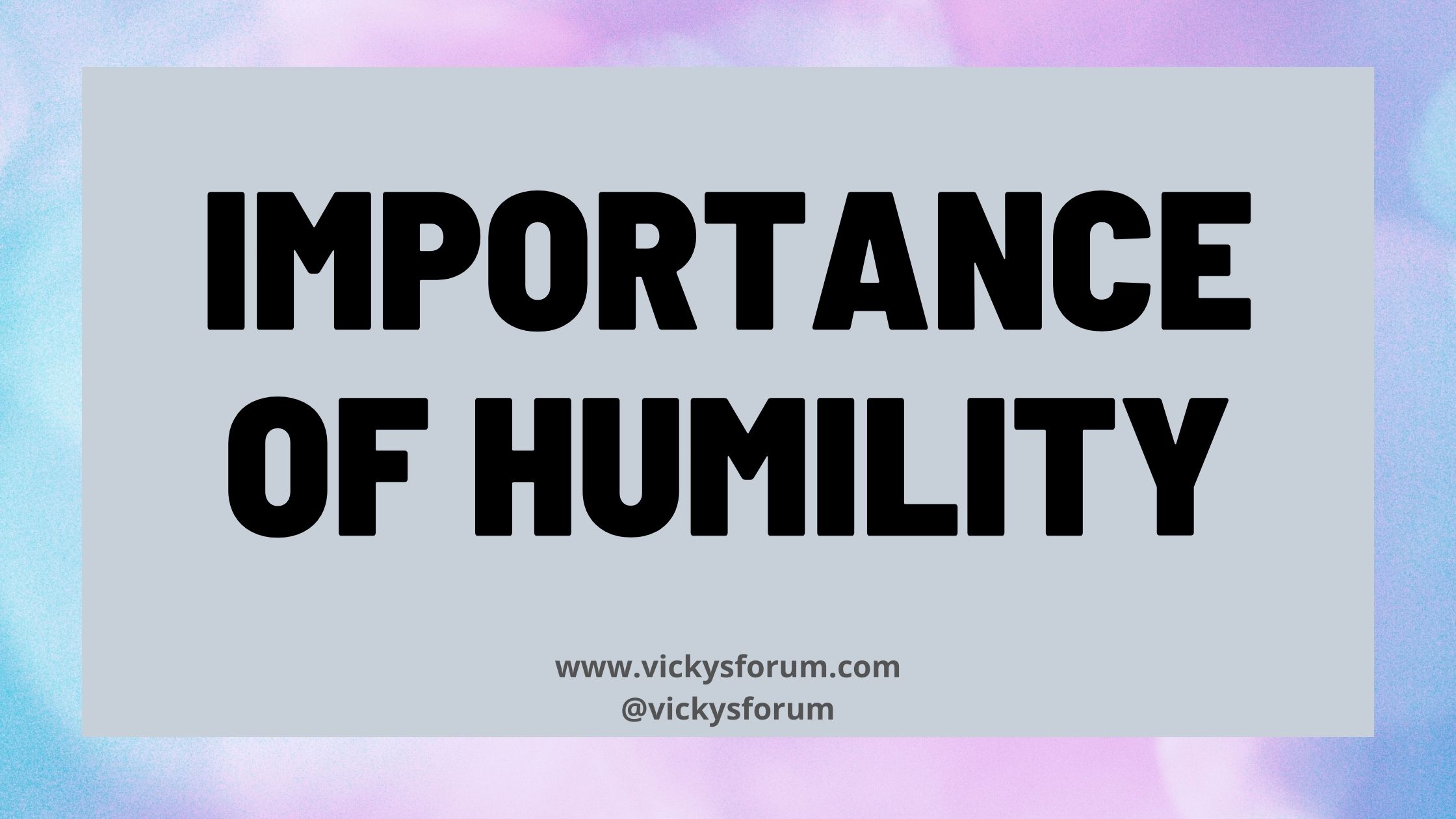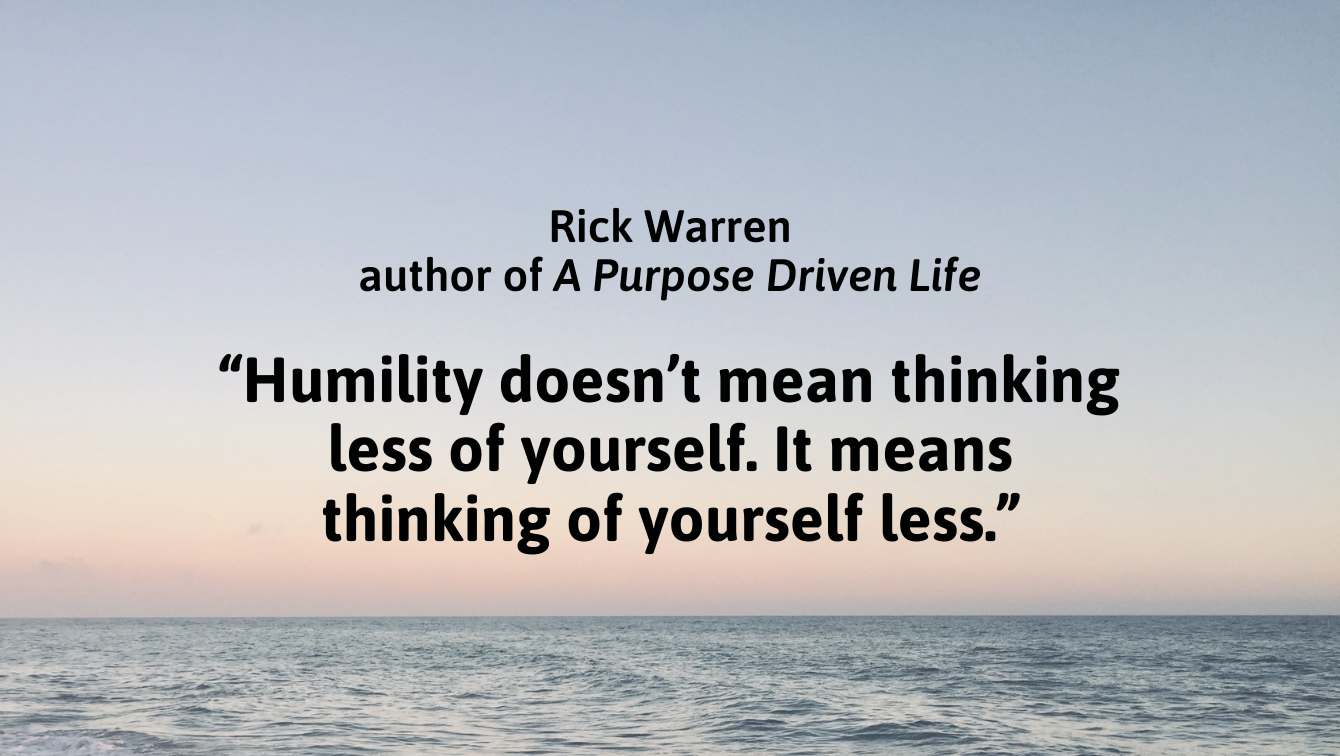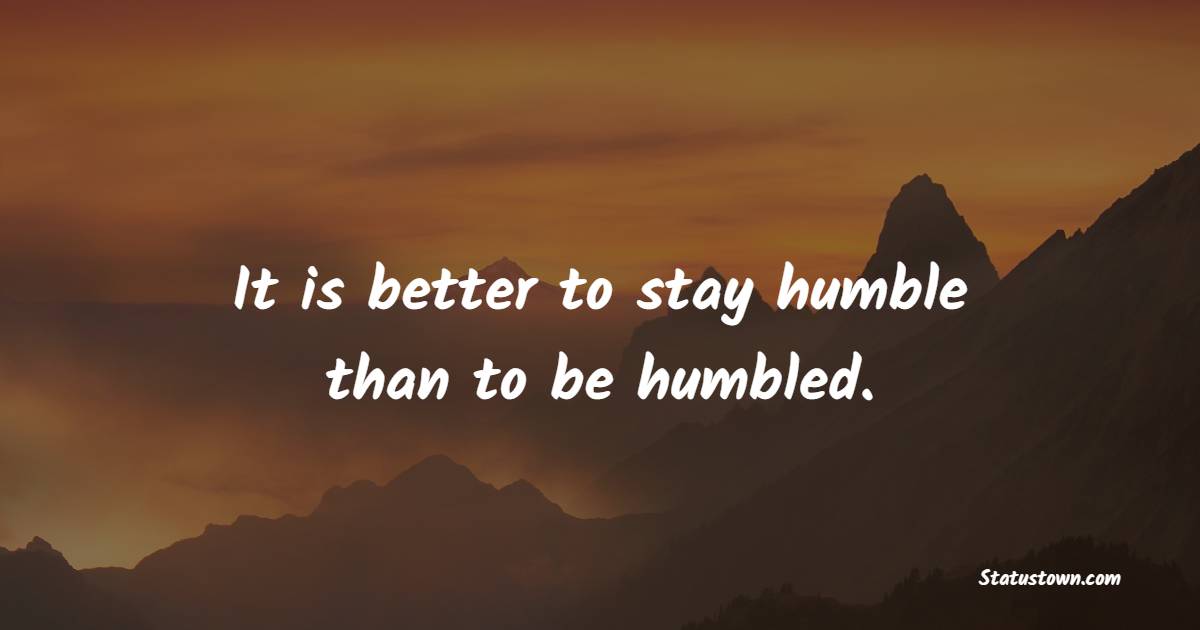Why Is It Important To Stay Humble

Ego inflates, but humility sustains. In a world obsessed with self-promotion, the critical importance of remaining humble is more vital than ever.
Humility isn't about self-deprecation; it's about a realistic assessment of one's abilities and accomplishments coupled with an understanding of our limitations. It acknowledges the contributions of others and fosters continuous growth.
The Erosion of Humility in Modern Society
We live in an era of constant self-promotion, fueled by social media and a culture that glorifies individual achievement. This environment can easily breed arrogance and a sense of entitlement. According to a 2023 study by the Pew Research Center, 58% of adults report feeling pressured to present an idealized version of themselves online.
This pressure can lead individuals to overemphasize their successes and downplay their failures, creating a distorted self-image that hinders personal development and damages relationships.
Why Humility Matters
Humility promotes learning. Individuals who approach situations with a humble mindset are more open to feedback, new ideas, and different perspectives.
They recognize that they don't have all the answers and are willing to learn from others, leading to improved performance and innovation. A 2022 Harvard Business Review article highlighted that humble leaders cultivate higher-performing teams by fostering a culture of psychological safety and open communication.
Enhanced Relationships
Humility fosters stronger, more authentic relationships. People are naturally drawn to those who are genuine and approachable.
Arrogance, on the other hand, creates distance and resentment. According to research published in the Journal of Personality and Social Psychology, individuals who demonstrate humility are perceived as more trustworthy and likeable, leading to greater social support and collaboration.
Resilience in the Face of Adversity
Humility provides a buffer against the devastating effects of failure. Those who are overly focused on their own achievements are more likely to be crushed when things don't go their way.
Humility allows individuals to accept setbacks, learn from their mistakes, and bounce back with renewed determination. Angela Duckworth, author of "Grit," emphasizes that a humble approach to failure is essential for cultivating resilience and achieving long-term success.
Ethical Decision-Making
Humility promotes ethical behavior. When we recognize our own fallibility, we are more likely to consider the impact of our actions on others and to avoid making decisions that serve our own self-interest at the expense of others.
A study by the University of Notre Dame's Mendoza College of Business found that humble leaders are more likely to prioritize the needs of their stakeholders and to make decisions that are fair and just.
Cultivating Humility
Cultivating humility is an ongoing process that requires conscious effort. It starts with self-awareness – understanding your strengths and weaknesses, and acknowledging your limitations. Seek feedback from trusted sources and be open to constructive criticism.
Practice gratitude, recognizing the contributions of others and appreciating the opportunities you've been given. Focus on serving others rather than seeking personal recognition. Remember that true success is measured not by what you achieve for yourself, but by what you contribute to the world around you. Nelson Mandela, a symbol of humility, exemplifies this principle.
Ongoing Development
The conversation surrounding humility is ongoing, with research continuously exploring its benefits in various contexts. Individuals and organizations should prioritize fostering a culture that values humility. This includes providing training on self-awareness, emotional intelligence, and ethical decision-making. Promote role models who exemplify humility in their leadership and interactions.
By prioritizing humility, we can create a more collaborative, compassionate, and ultimately, more successful society. The journey toward humility begins with a single step: the acknowledgment that we still have much to learn.


















